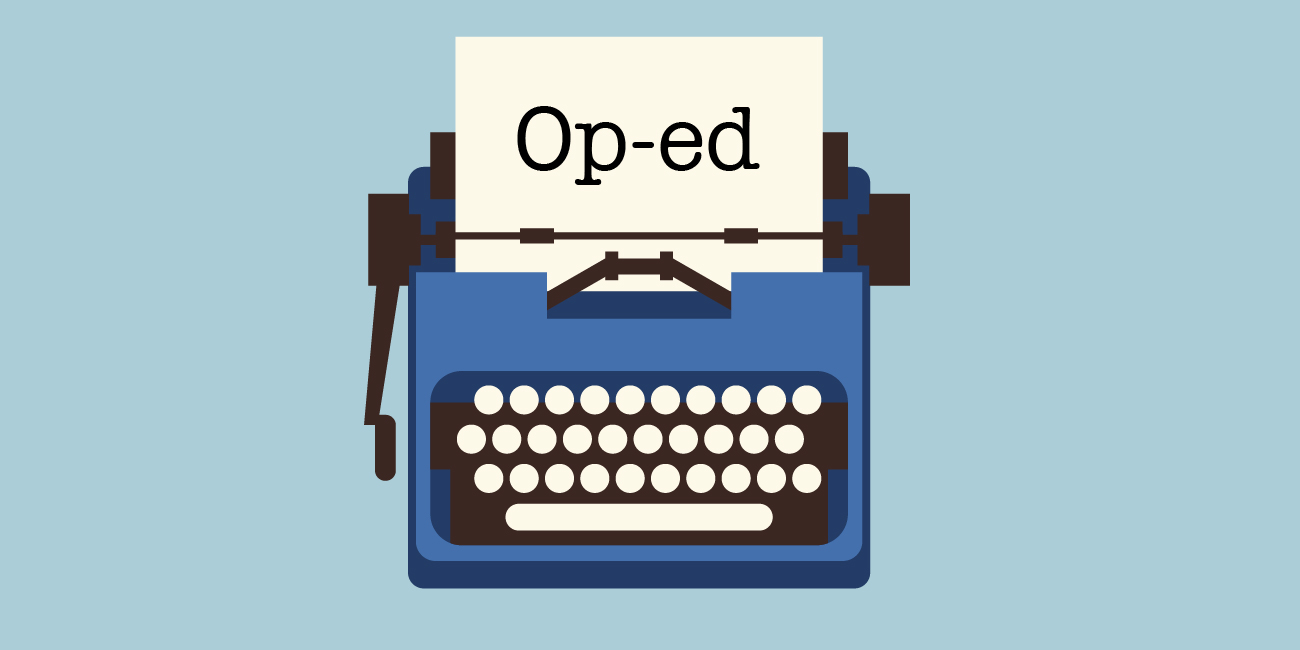
F. Willis Johnson
We are living in a time when anti-democratic and fascist ideologies fray our social fabric while gaining a foothold. Over the course of Dec. 15-17, 2023, a wave of bomb threats was directed at synagogues across the country, casting a shadow over the Hanukkah observance and bringing a chilling reminder of the deep-seated prejudice that continues to plague our society.
These threats are not isolated incidents but are part of an alarming pattern, an upsurge in acts of violence and hate crimes against marginalized groups like Black, Indigenous, and people of color (BIPOC) communities, the LGBTQ+ population, as well as those of Jewish and Muslim faiths. The surge of these acts is a stark reminder of the ongoing struggle for acceptance and equity. They are threatening the very foundation of our democracy.
The moral imperative of our times is evident. Citizens, more than ever, must remain vigilant and actively denounce these hateful ideologies. We must become conscious and empathically engaged citizens, striving to create an equitable, just, and socially responsible society. We must stand against the forces that seek to divide us and instead strive to uphold every individual’s inalienable rights, including the freedom to live without fear, practice one’s faith without persecution, and express one’s identity without retribution.
It means reaching out to our neighbors, educating ourselves and others about the diverse cultures and ideologies that make up our communities, and fostering an environment of acceptance and understanding. It requires using our voices, votes, and vows of faith to effect change and holding political and religious leaders accountable for upholding our democratic principles and respective faith tenets.
I have been fortunate to witness and participate in numerous acts of love, inclusion, mutual respect, and resistance against bigotry. Most recently, amid heightened antisemitic tensions and vandalism in the wake of the Israeli-Hamas conflict, I and other clergy sought to stand in solidarity with our rabbinical colleagues and their community during Hanukkah. We either placed candles or paper menorahs in windows as symbols of being safe spaces for Jewish persons. This act was not a political one for or against the conflict in Gaza, but rather an expression of acknowledgment of another’s need to feel safe in our community.
Likewise, I and others continue to seek out ways to stand with our Muslim neighbors who, too, are vulnerable or victims of Islamophobia. Again, such actions provide comfort and help bridge the divide between diverse people and issues. Moreover, religious leaders have a responsibility to prevent and counter incitement of hate and violence.
Interfaith alliances have been a beacon of hope in my experience. Years ago, I had the privilege of organizing leaders from different faith traditions to foster understanding and racial reconciliation in Indianapolis through the ecumenical nonprofit Celebration of Hope. One decisive moment occurred when we organized an interfaith prayer experience in conjunction with the 25th anniversary of Habitat for Humanity. Representatives from various religious communities stood together, praying for peace, unity, and economic opportunity. It was a testament to our shared humanity.
Religious leaders’ responsibilities extend beyond their church. We are leaders of our respective congregations and members of the larger community. Our actions and words can influence societal attitudes and norms. They serve as a reminder of the power of love, unity, and understanding in overcoming religious, racial, and political indifference.
The acts of violence and hate that we are witnessing are not representative of the values of many of the world religions, nor do they define us as a nation. They are the acts of a minority driven by fear and ignorance. In this time of increased hate crimes and political discord, let us recommit ourselves to the principles of empathy, justice, and social responsibility. Let us stand up for the rights of our fellow citizens and denounce acts of hate and prejudice. Let us strive to be tolerant, accepting, and understanding of our differences. And let us remember that our strength lies in our diversity and shared commitment to uphold the inalienable rights of every individual.
As we begin this new year, let it be with a renewed commitment to justice, equality, and acceptance. Let our actions, both big and small, have the power to effect change. We are together creating a society that truly reflects the principles of equity, justice, and acceptance — a nation where everyone can live safely, freely, and openly without fear. Ultimately, we are all part of the same human family and deserve the same respect, dignity, and rights.
F. Willis Johnson is a United Methodist pastor, the author of “Holding Up Your Corner: Talking About Race in Your Community” (Abingdon Press, 2017) and program director for the Bridge Alliance, which houses The Fulcrum.
24World Media does not take any responsibility of the information you see on this page. The content this page contains is from independent third-party content provider. If you have any concerns regarding the content, please free to write us here: contact@24worldmedia.com